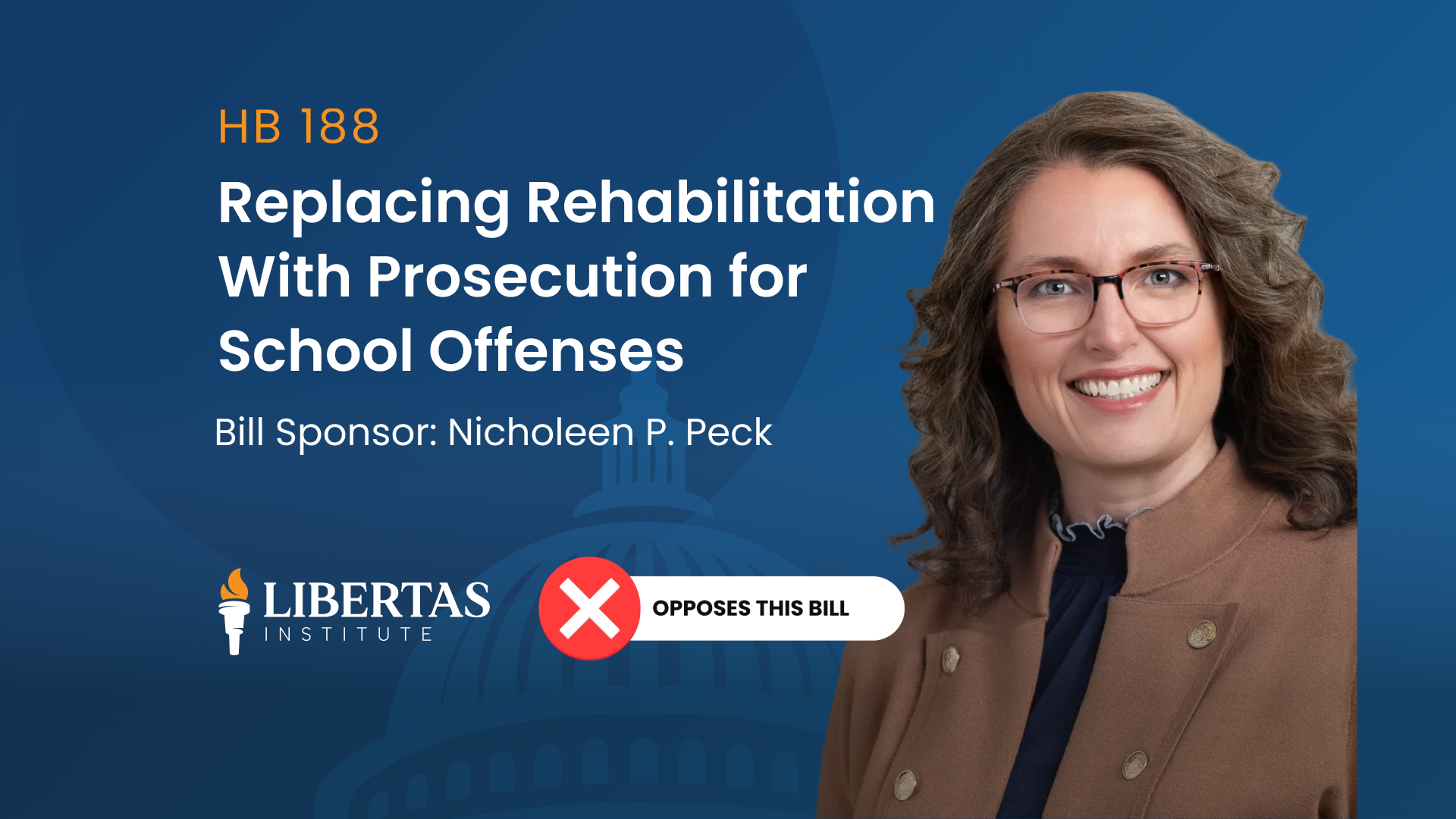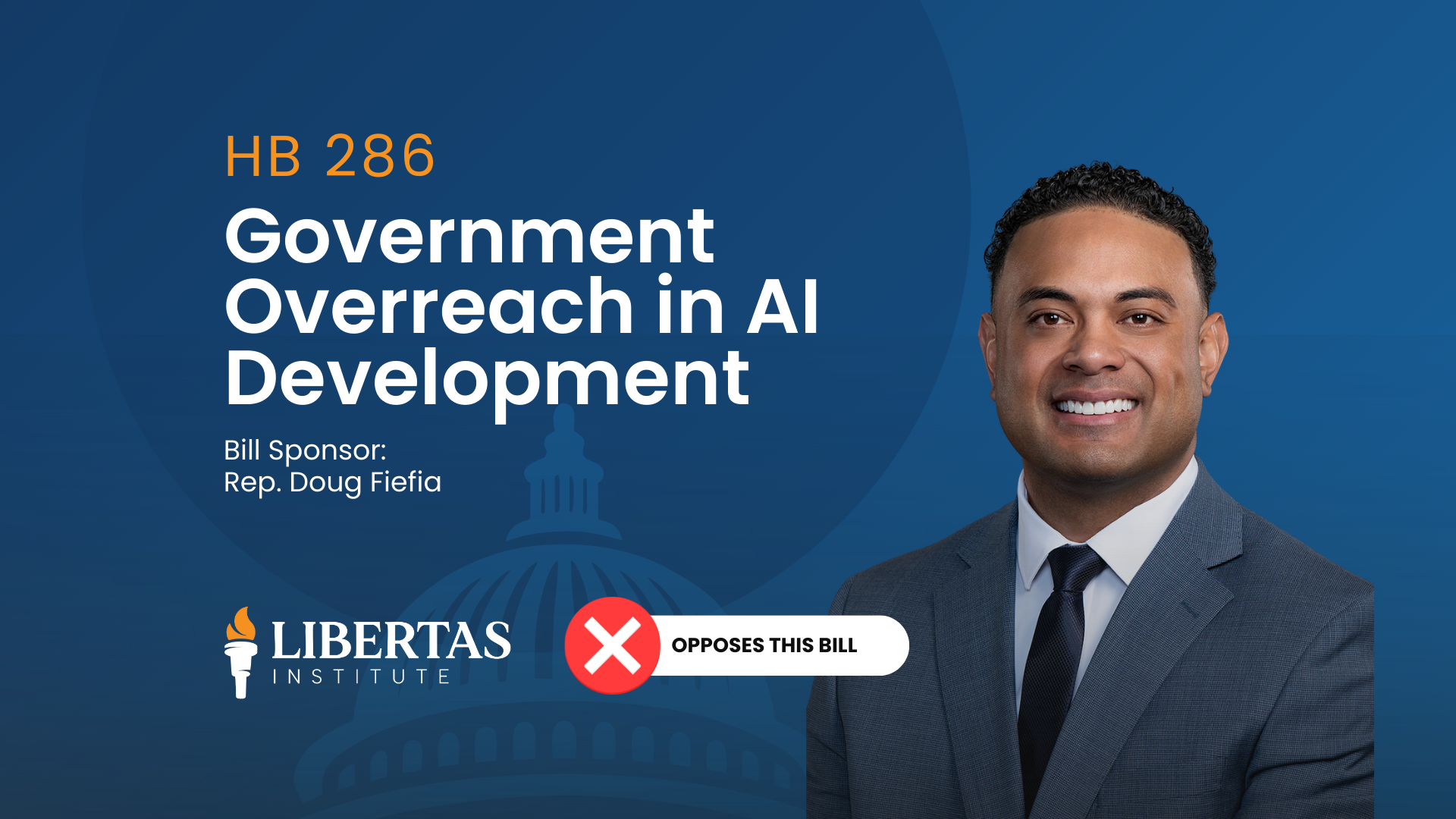This bill was not heard in the Senate or House.Libertas Institute supports this bill
Nationwide, there are efforts to move away from mandatory minimum sentencing laws. These policies are often created with good intentions but sometimes result in devastating consequences for offenders due to unfairly harsh sentencing, and sentence stacking. These laws also take discretion away from judges, prohibiting them from making sentencing decisions based on the unique facts of each case.
Utah doesn’t have true mandatory minimum laws, but there are still many laws that recommend minimum sentences that judges impose. The reason it’s not a mandatory minimum is because of Utah’s indeterminate sentencing system which allows the Board of Pardons and Parole to decide how long an offender remains incarcerated. If an individual is sentenced to a 5 year to life sentence, for example, the Board could decide to release them at 7 years, 20 years, or never release them. It is all dependent on a number of factors. They rarely, however, release individuals before their minimum portion of their sentence has been served.
If an individual has been charged with multiple felonies or felony enhancements, they could be looking at a severely long sentence. The judge may not always think that is right and may feel the need to lessen the sentence depending on the mitigating factors. Under current law, they can’t do this. But with Senator Kirk Cullimore‘s recently introduced Senate Bill 231, that could change.
SB 231 would allow judges to shorten the lower end of an individuals sentence by up to 50% upon making a finding that the reduction serves the best interest of the public and the defendant. If the minimum sentence was 10 years, for example, the judge would now have the power to lower it to 5 years if he felt justice would be served in doing so. This safety valve allows for judges to use their discretion when the laws may not properly address the circumstances of the case. The judge must sign their name on the decision, stating the reasons for the decision, which is a safety precaution. The Board of Pardons and Paroles will then take the judgment into consideration, but can still keep the individual longer if they feel that’s the best path forward.
This bill adds a much-needed safety measure back into the law, to give discretion back to those we entrust with sentencing decisions. As experts who work face to face with defendants every day, judges are well equipped to handle this responsibility.




